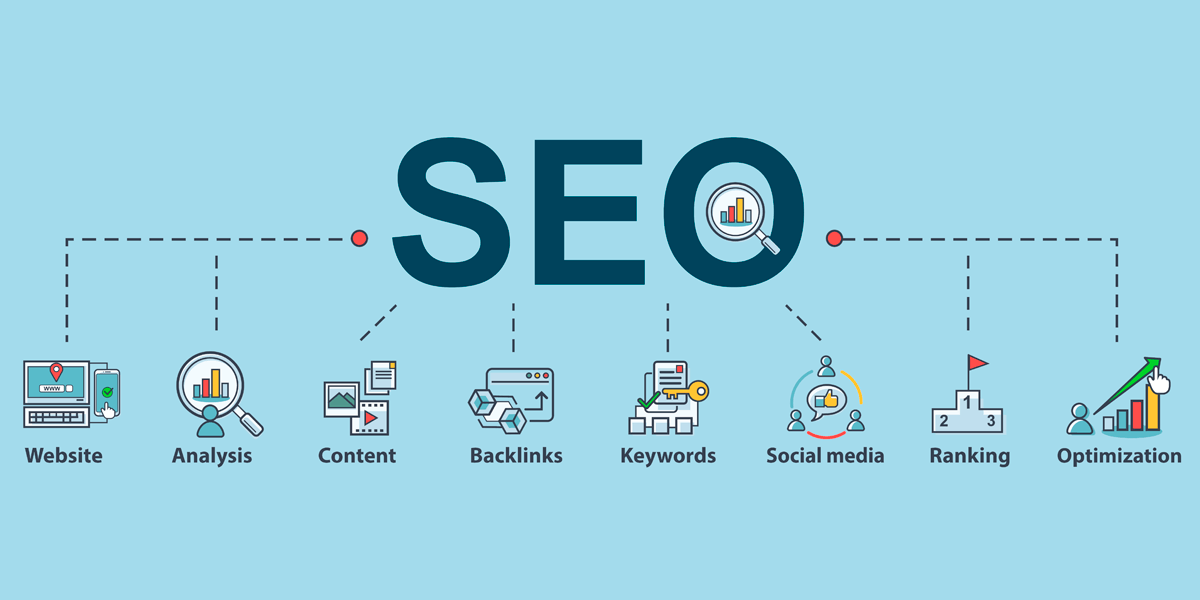While a college degree isn’t mandatory for becoming a real estate agent, having a bachelor’s can help you stand out in an industry that demands expertise and professionalism. A bachelor’s degree in business, finance, accounting, psychology, or marketing is ideal, as it offers a foundation of knowledge that can be applied directly to real estate work. However, successful agents also leverage alternative educational routes and on-the-job experience to become highly skilled and knowledgeable in the field. Click the Sell My House Waco to learn more.
In addition to completing pre-licensure education and passing the state exam, becoming a licensed real estate agent requires extensive on-the-job training. Many brokerage firms offer apprenticeships and internship programs to give you a hands-on understanding of the industry, client interaction, and day-to-day operations. Additionally, there are numerous online real estate schools that provide a flexible and comprehensive curriculum designed to prepare you for your license exam. For example, The CE Shop specializes in real estate licensing and provides a range of online learning options, including self-paced courses with a pass or don’t pay guarantee.
Other specialized degrees can also be beneficial to your career as a real estate agent, such as those in urban planning, geography, and business. These fields offer unique perspectives on property values, land use, and neighborhood development that can be valuable to clients. These perspectives can help you offer your clients a more well-rounded view of the potential long-term value and growth of their investments.
As you begin your journey into real estate, it’s important to build a strong network of connections in the industry. This will enable you to stay up-to-date on new developments in the field and connect with others who may be able to assist you with your career, such as mortgage brokers, home inspectors, or other real estate professionals. Additionally, networking can be an excellent opportunity to expand your client base and generate referrals.
License Requirements
A real estate license is a key element to work in the property market. It authorizes an individual to represent clients in real estate transactions and usually works under the supervision of a broker. Depending on the state, licensing requirements can vary and can include pre-licensing courses, passing a state exam and meeting other legal prerequisites such as age and criminal background checks.
To obtain a real estate license in New York, prospective agents must complete 77 hours of prelicensing coursework and pass the national and state salesperson exams. The state exam is multiple-choice and requires a passing score of 70% or more. Those who do not pass the exam may retake it within two years of completing their prelicensing coursework.
Candidates must choose a prelicensing course provider with state approval and a good reputation. For example, the CE Shop specializes in real estate education and offers self-paced online courses with a “pass or don’t pay” guarantee. It also offers a variety of learning formats such as livestream classes, allowing students to choose the format that best suits their learning style.
Once students complete their prelicensing courses, they must apply for a license through the Department of State’s occupational licensing management system, eAccessNY. They will need a unique identification number to access the system, which is necessary for scheduling their state exam.
After a successful examination, real estate agents must find a sponsoring broker or brokerage firm to hire them as licensed professionals. The broker will provide guidance and training to ensure the agent’s success in the property industry.
In some states, real estate agents can be independent contractors or sole proprietors, whereas in others, they must be employed by a broker. In either case, brokers must be licensed as well.
Real estate agents must comply with state regulations to avoid penalties, which may include hefty fines or loss of their real estate license. In addition, they must adhere to the ethics code of their broker or employer to avoid conflicts of interest and to ensure client privacy. Additionally, they must obtain a license from the state to practice in specific locations.
Working Conditions
Real estate agents have to work long hours, often beyond a standard 40 hour week. They are on call at all times and must be flexible to respond to client needs as they arise. This can lead to a juggling act as they manage multiple tasks such as preparing home valuations, meeting with prospective buyers and sellers, attending property showings, and negotiating deals. In addition, they must market properties to generate leads and meet a host of administrative duties such as listing properties on online portals, creating marketing materials, and following up with prospective clients.
It is challenging for agents to balance their professional and personal lives when they are constantly on call and working late. The need to be available to clients at all times means that they often find themselves addressing work-related matters during their off hours, which can erode family relationships and cause stress. This can be particularly difficult for new agents who are still developing their business.
Establishing a good work-life balance requires proper time management skills and establishing boundaries between personal and professional life. It is also helpful to build a network of other real estate agents and industry professionals who can offer support and resources to help maintain a healthy work-life balance.
Finding a work-life balance is important for real estate agents because it helps them sustain their career and provides the space they need to nurture relationships with clients. It is also critical for sustaining a high level of customer service, which is key to success in the real estate industry.
Striking a healthy balance requires regular evaluation of workload and professional goals, which may mean reducing or shifting some duties. Agents should also make an effort to prioritize and schedule personal activities such as fitness and relaxation, which can help them to better manage the demands of their job. If they struggle to find a balanced lifestyle, they should consider consulting a mentor or professional coach who can provide strategies and advice on how to improve their work-life balance. The right balance can help real estate agents feel more fulfilled in their careers and in their personal lives.
Job Duties
The job duties of real estate agents revolve around facilitating property buyers and sellers during the process of buying and selling homes, apartments, condos, and commercial spaces. This means working one-on-one with clients to help them find properties that match their preferences and assist them throughout the purchase and sale of a home or building. Real estate agents may also manage vendors like escrow agents, home inspectors, and mortgage lenders to ensure that the property transaction is going smoothly.
In terms of marketing properties, real estate agents are responsible for promoting the listed property in the local marketplace. They may do this by taking professional photographs, creating property descriptions, and advertising the home online or through print media. They are also required to arrange and conduct property showings, offering their clients expert insights into each property’s potential.
Another important aspect of the real estate agent job description is negotiating deals on behalf of their clients. This involves determining fair asking prices for properties and negotiating with sellers to achieve favorable terms for both parties. Finally, real estate agents also handle a large amount of paperwork related to property transactions, from drafting purchase agreements to completing closing documents.
Whether they are assisting buyers or sellers, real estate agents need to have excellent interpersonal skills to build and maintain strong client relationships. They must be able to communicate with their clients clearly, listen to their needs, and offer sound advice. They must also be able to work well under pressure and meet deadlines.




